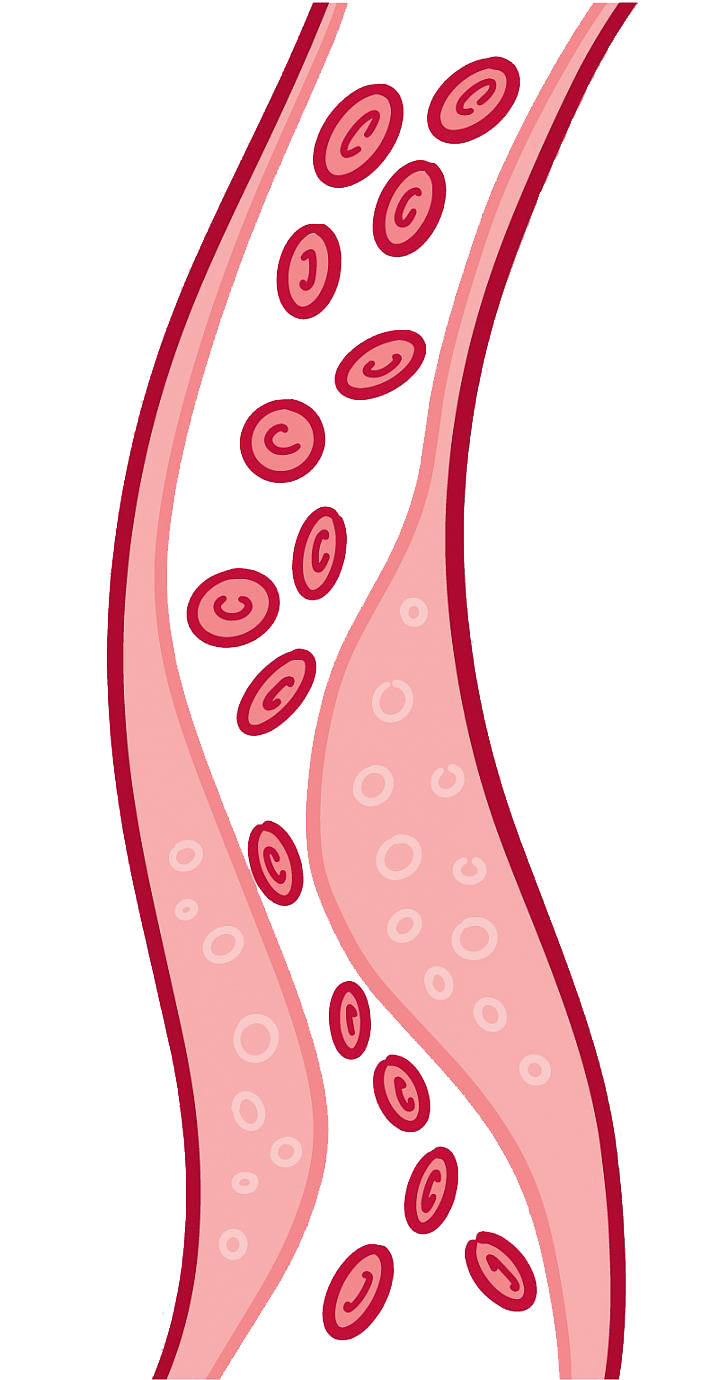Hydroxytyrosol
Hydroxytyrosol (HT) is the most powerful natural antioxidant known, with relevant health benefits when incorporated into the diet
It is genuinely the molecule of the Mediterranean diet
Hydroxytyrosol is the antioxidant produced by olives to protect their fat from oxidation.
When olives are processed to produce olive oil, only small amounts of such polyphenols come with the olive oil. Most of them are retained in olive pomace and vegetable water.
Zeyton uses vegetable water to obtain hydroxytyrosol-rich formulations, and other olive polyphenols, namely tyrosol.
More than twenty years ago, the acknowledged healthy properties of olive oil, and also the famous Mediterranean diet, were first related with this minority components of olive oil.
Hundreds of scientific publications describe their metabolic and health effects. It is believed to have strong antioxidant, anti-inflammatory, anti-aging and antimicrobial properties.
Polyphenols and Health
Olive oil polyphenols have been widely studied for promoting health. In fact, their strong antioxidant properties, and their ability to interfere in many metabolic processes are thought to give them antimicrobial, anti-inflammatory, cardioprotective, neuroprotective, anticancer, and antidiabetic effects.
Dozens of clinical trials have been launched that probe the effects of olive polyphenols, alone or combined with other nutritional substances, on a wide range of diseases. Results that are coming out of those trials give evidence that olive polyphenols may help fight obesity, metabolic syndrome, osteoporosis.
Alzheimer and Dementia
Breast Cancer
Liver Disease
Colitis
Digestive Tract Cancer
Cardiovascular diseases
Skin ageing
Diabetes
Osteoporosis
Joint inflammation
Alzheimer and Dementia
Breast Cancer
Liver Disease
Colitis
Digestive Tract Cancer
Cardiovascular diseases
Skin ageing
Diabetes
Osteoporosis
Joint inflammation
HT and Cholesterol
Cholesterol is an essential fat for the good functioning of the body. In addition to being produced by the body, cholesterol is obtained from food.
Cholesterol is carried in the bloodstream by lipoproteins. These are low-density lipoproteins (LDL) that carry cholesterol from the liver and the intestine to muscle and organ tissues. It is the process of LDL oxidation that generates the deposition of fat in the arteries – atherosclerosis – and its consequences for the circulatory system, such as hypertension, heart failure, angina pectoris, acute myocardial infarction, cerebral-vascular accident
It has been proved that olive polyphenols protect LDL from oxidation
Hence, while traditional “cholesterol” treatments wage on lowering LDL levels, reducing the effect of fat deposition in arteries, the effect of consuming olive polyphenols (namely HT) is to prevent that deposition.
It has been proved that olive polyphenols protect LDL from oxidation
The efficacy of Hydroxytyrosol has been verified by the European Food Safety Authority (EFSA), which concluded in 2011 – (EFSA Journal 2011; 9 (4): 2033) (link to the document), based on scientific studies, that there is a direct relation between consuming Hydroxytyrosol (HT) and protecting low-density Lipoproteins, also known as LDL Cholesterol, authorising to use the claim “Consumption of olive oil polyphenols contributes to the protection of blood lipids from oxidative damage“, provided that it “contains at least 5 mg of hydroxytyrosol and its derivatives (e.g. oleuropein complex and tyrosol) per 20 g of olive oil. In order to bear the claim information shall be given to the consumer that the beneficial effect is obtained with a daily intake of 20 g of olive oil.”

